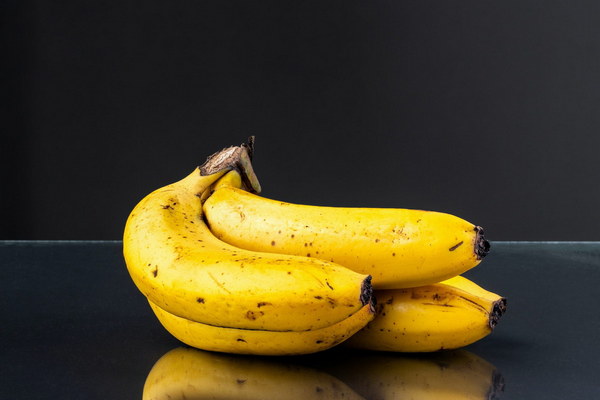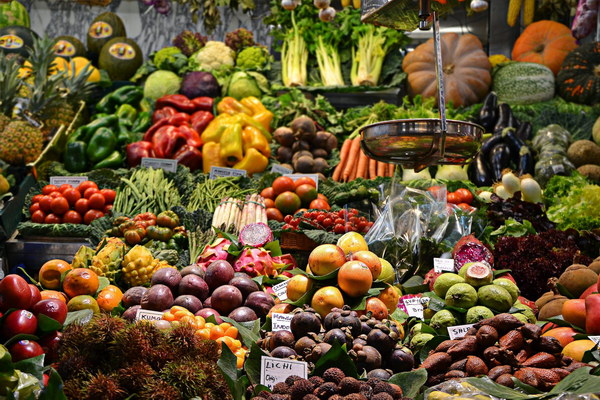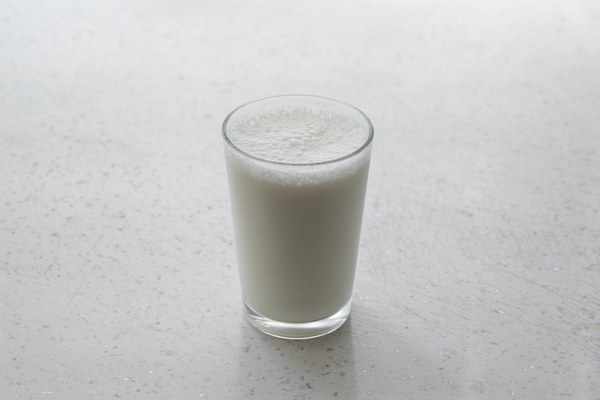The Liver-Boosting Power of Vegetables in a Cat's Diet
Introduction:
Cats, known for their love of meat, might not immediately come to mind when thinking about incorporating vegetables into their diet. However, recent research has highlighted the significant benefits of including certain vegetables in a cat's diet, particularly for liver health. In this article, we will explore how vegetables can act as a natural liver protector for our feline friends.
The Importance of a Healthy Liver:
The liver is a vital organ that plays a crucial role in detoxifying the body, metabolizing nutrients, and producing bile. In cats, the liver is particularly susceptible to diseases and conditions, such as hepatic lipidosis, which can be life-threatening. Therefore, maintaining optimal liver health is essential for the overall well-being of our cats.
The Liver-Boosting Power of Vegetables:
While cats are obligate carnivores and require certain amino acids and nutrients found primarily in meat, some vegetables can offer substantial health benefits, especially for their liver. Here are a few vegetables that can help support liver health in cats:
1. Spinach:
Rich in antioxidants, such as vitamin C and vitamin E, spinach can help reduce oxidative stress in the liver. Additionally, spinach contains high levels of folate, which is essential for liver function and can aid in the production of red blood cells.
2. Broccoli:
Broccoli contains a compound called sulforaphane, which has been shown to have anti-inflammatory and detoxifying properties. This vegetable can help stimulate the liver's detoxifying enzymes and support its overall function.
3. Carrots:
Carrots are an excellent source of beta-carotene, which can be converted into vitamin A in the body. Vitamin A is crucial for maintaining healthy liver cells and can help prevent liver damage.
4. Asparagus:
Asparagus is known for its diuretic properties, which can aid in the elimination of waste products from the liver. It also contains compounds that support the production of glutathione, a powerful antioxidant that helps protect the liver from toxins.
5. Beets:
Beets are rich in betalains, which have been found to have anti-inflammatory effects on the liver. They also contain betaine, a compound that can help reduce liver fat and improve liver function.
Incorporating Vegetables into a Cat's Diet:
While it is important to introduce vegetables into a cat's diet gradually, it can be done in several ways:
1. Wet Cat Food:
Many wet cat food brands now offer formulas that include a small percentage of vegetables. These can be a good starting point for introducing your cat to the health benefits of vegetables.
2. Fresh Vegetables:

You can also offer small, cooked pieces of vegetables as treats. Be sure to remove any seasonings or oils and only provide a small amount at a time, as too much can cause digestive upset.
3. Cat Treats:
There are commercially available cat treats that are made with vegetables and can be a convenient way to incorporate them into your cat's diet.
Conclusion:
While cats primarily require a diet rich in animal proteins, incorporating certain vegetables into their diet can offer substantial health benefits, particularly for liver protection. By gradually introducing vegetables like spinach, broccoli, carrots, asparagus, and beets, you can help ensure your cat's liver stays healthy and functioning optimally. Always consult with your veterinarian before making any significant changes to your cat's diet.









